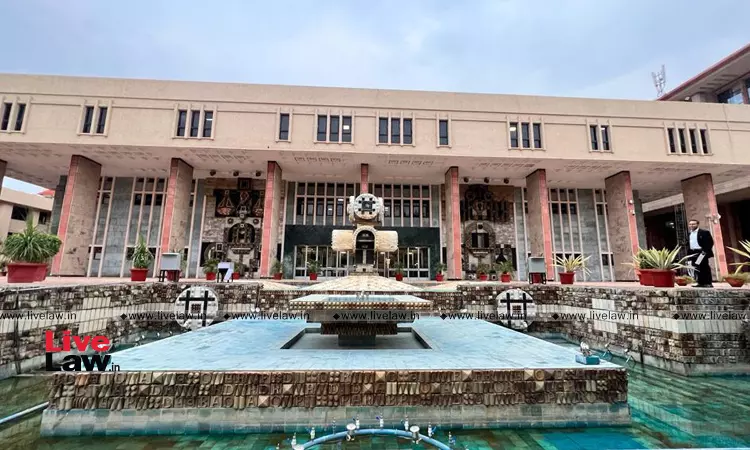Section 34 Petition Is Non-Est If Filed Without The Arbitral Award: Delhi High Court
ausaf ayyub
7 Jan 2024 3:43 PM IST

Next Story
7 Jan 2024 3:43 PM IST
The High Court of Delhi has held that non-filing of the arbitral award along with the petition under Section 34 of the A&C Act is a fatal defect which renders the filing as non-est. The bench of Justices Suresh Kumar Kait and Neena Bansal Krishna held that filing of an award along with the challenge petition is not an empty procedural requirement as sans the award, the Court...
